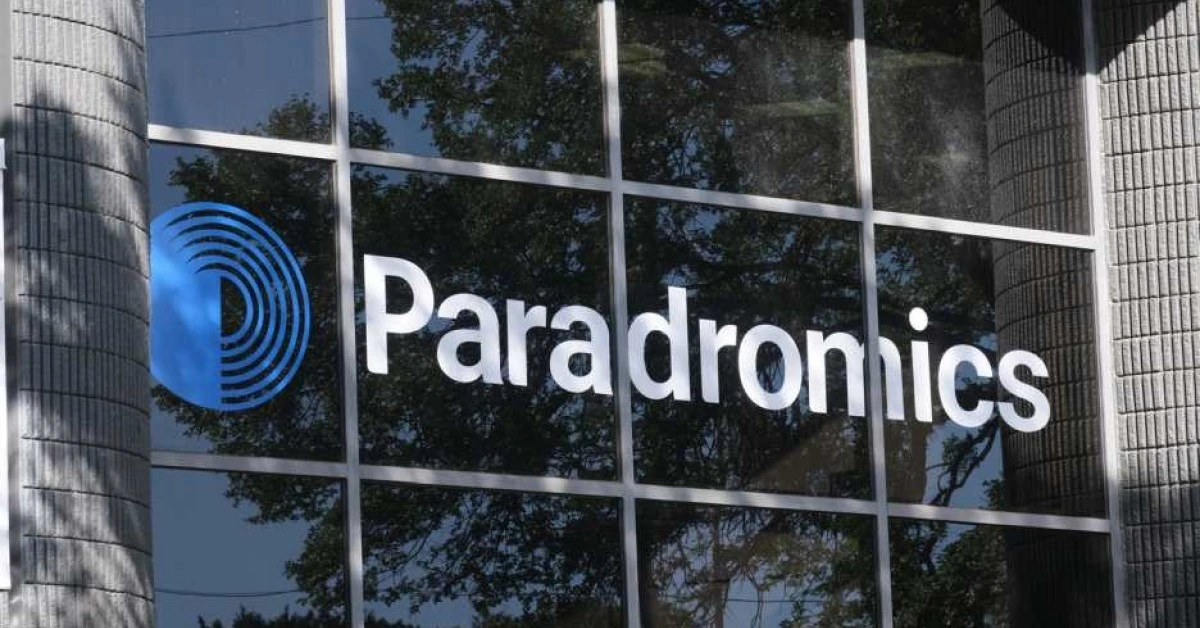
SAUDI ARABIA – Texas-based neurotechnology startup Paradromics has formed a strategic partnership with Neom, a rapidly developing region in northwest Saudi Arabia, to establish a Brain-Computer Interface (BCI) Center of Excellence.
Neom, described as a “hub for innovation,” is supported by the Neom Investment Fund, which is leading the collaboration.
While the financial details of the partnership remain undisclosed, this marks a significant step forward in advancing BCI technology.
Paradromics is working on a cutting-edge BCI system designed to decode brain signals and convert them into commands for external devices.
Through this partnership, Paradromics aims to enhance BCI-based therapies and create a leading center for BCI healthcare in the Middle East and North Africa.
“Working together, we can accelerate the rate of innovation in BCI and expand access to impactful BCI-based therapies,” said Matt Angle, CEO of Paradromics.
The company joins a growing number of firms in the race to commercialize BCIs, including notable players like Neuralink, founded by Elon Musk, and other companies like Precision Neuroscience and Synchron, backed by Jeff Bezos and Bill Gates.
However, none of these companies have received full approval from the U.S. Food and Drug Administration (FDA).
Paradromics’ BCI, called Connexus Brain-Computer Interface, consists of small electrodes that are implanted directly into the brain to interpret neural signals.
This technology holds the potential to help individuals with severe paralysis communicate by translating their brain activity into real-time data.
Paradromics is preparing for its first human trial later this year and officially launched its patient registry in July.
While the technology is not yet FDA-approved, Paradromics received the FDA’s Breakthrough Device designation in 2023, which helps expedite the approval process.
The company has developed what is seen as a leading standard in BCIs, forming a direct connection between the brain and digital devices.
Initially focused on helping people with disabilities like spinal cord injuries, ALS, or stroke-induced paralysis communicate through technology, Paradromics is also exploring the potential for BCI to treat conditions such as chronic pain, depression, and mood disorders.
“This partnership marks a pivotal moment for Paradromics and the broader BCI industry,” stated Dr. Matt Angle. “By working together, we can accelerate BCI innovation and broaden access to therapies that can have a significant impact.”
XRP HEALTHCARE L.L.C | License Number: 2312867.01 | Dubai | © Copyright 2025 | All Rights Reserved